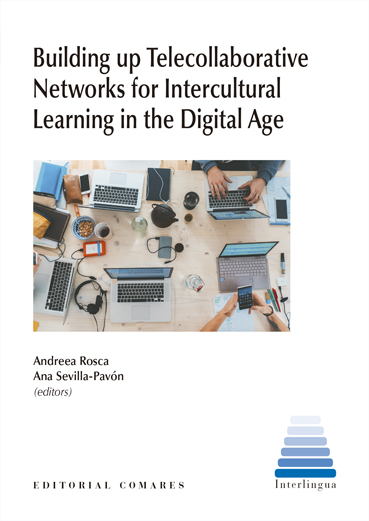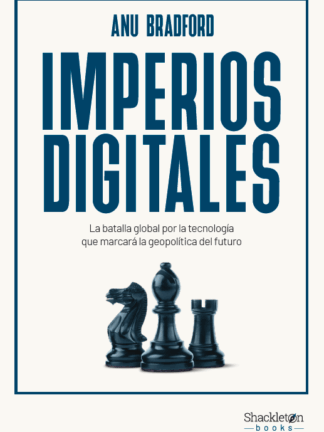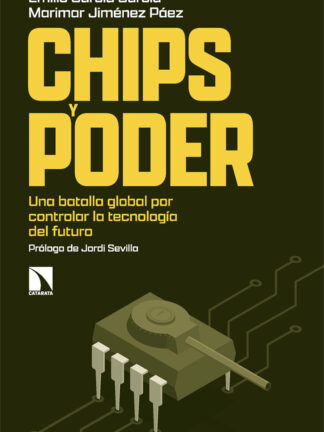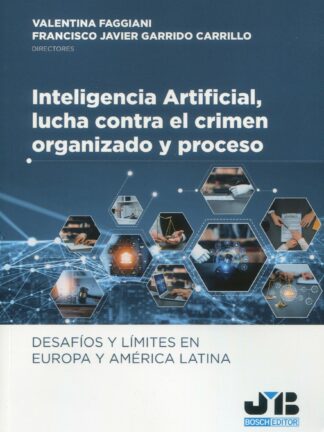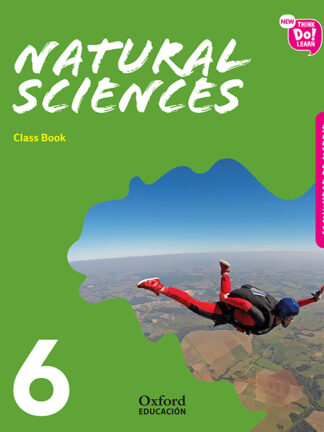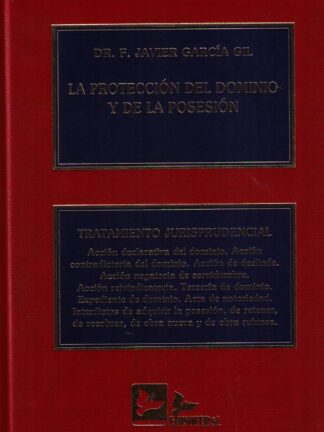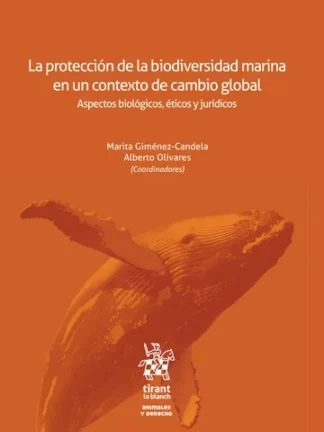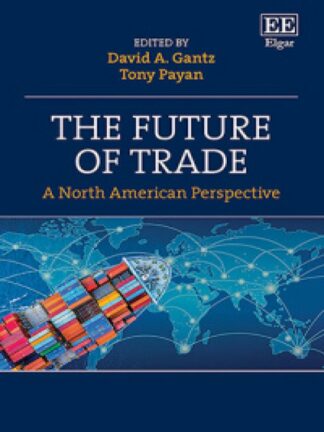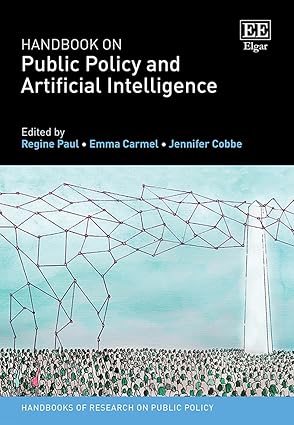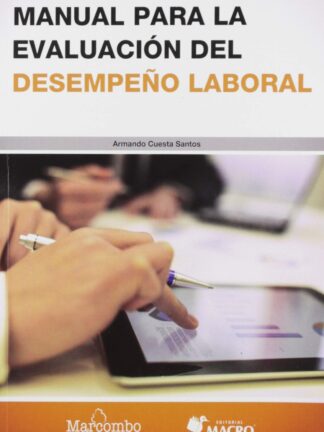Descripción
This book brings together and links crucial aspects of research in applied linguistics, that is, conducting research to promote telecollaboration/virtual exchange in language learning geared towards broadening understanding of diverse cultural realities; bringing together scholars from around the world to share and build upon projects and experiences and, ultimately, assembling this volume as inspiration for colleagues wishing to undertake or study similar projects and experiences.
There are three crucial elements in terms of language learning in this book: telecollaborative/virtual exchange networks; learning in diverse intercultural settings; and contextualization within the digital age we are currently immersed in. These are three of the most challenging scenarios language teachers can implement within the foreign language classroom. However, as will become apparent after reading this book, each and every one of the authors has managed to scrutinise and focus on one, two or all three of these aspects in their research or reflective practice studies.
Despite technology having been mainstream for the past forty odd years, we are nevertheless experiencing the initial stages of the digital revolution that still awaits us. Educational technologies must still take giant steps to satisfy the possibilities of what digitization has to offer, especially in terms of improving accessibility to and sharing of information, increased productivity, cost efficiency, and information preservation. This book aims to help practitioners and researchers alike gain insight into the very many sides of telecollaboration/virtual exchange for language learning, with an intercultural focus, in technology-enhanced environments.
Índice de materias
Prólogo
Capítulo 1. Concepto de contabilidad
Capítulo 2. Teoría del patrimonio contable
Capítulo 3. Teoría de las cuentas (I)
Capítulo 4. Teoría de las cuentas (II)
Capítulo 5. Análisis del patrimonio de la empresa (I)
Capítulo 6. Análisis del patrimonio de la empresa (II)
Capítulo 7. La partida doble o anfisografia
Capítulo 8. Cuentas fuera de balance
Capítulo 9. Contabilidad de la tesorería
Capítulo 10. Contabilidad de los derechos de cobro
Capítulo 11. Problemática contable del almacén
Capítulo 12. Contabilidad de los valores negociables (I)
Capítulo 13. Contabilidad de los valores negociables (II)
Capítulo 14. Problemática contable del inmovilizado
Capítulo 15. Fuentes de financiación propias y ajenas
Capítulo 16. Teoría de la amortización económica
Capítulo 17. Contabilidad del IVA
Capítulo 18. Teoría del beneficio contable
Capítulo 19. Las cuentas anuales
Andreea Rosca

currently works as an Associate Professor of English language and linguistics at the University of Valencia (Spain). Previously, she worked as an ESP teacher at the Centro Universitario de la Defensa (Zaragoza) for almost three years. She holds an international Ph.D. in cognitive linguistics from the University of La Rioja (Spain). Her research interests are cognitive semantics, corpus linguistics, construction grammar, language pedagogy and English for Specific Purposes.
She has completed research stays at the University of California, the United States; the University of Pavia, Italy; the University of Birmingham, United Kingdom; the University of Genoa, Italy. She has published several articles in well-known Spanish and European journals such as RESLA (Revista Española de Lingüística Aplicada), VIAL. Vigo International Journal of Applied Linguistics, Círculo de Lingüística Aplicada a la Comunicación, Atlantis: Journal of the Spanish Association of Anglo-American Studies, Onomázein, ESP Today Journal, and Revue Roumaine de Linguistique (Romanian Review of Linguistics). She has also participated in the editing of the online project Bibliography of Metaphor and Metonymy (John Benjamins) since 2012 and Wörterbücher zur Sprach- und Kommunikationswissenschaft (Dictionaries of Linguistic Science and Communication, De Gruyter).
She is also a member of the Interuniversity Institute of Applied Modern Languages (IULMA) at the University of Valencia (Spain) and member of the research groups SILVA (Group of Support for Investigation in Language Variation Analysis) and CORPLING (Corpus Linguistics: Developments and applications)
Ana Sevilla-Pavón

(International PhD in Applied Linguistics, Universitat Politècnica de València, Spain) is Assistant Professor at the Universitat de València, researcher at the IULMA Institute, SILVA and TALIS, and coordinator of the regional government-funded iTECLA project.
She has taught several English for Specific Purposes (ESP) courses (Business English, English for Dentistry and Technical English for Aerospace Engineering) and developed different multimedia resources for languages learning.
She has participated in numerous international projects and conferences, and published journal articles (in Computers & Human Behavior, British Journal of Educational Technology, Ibérica and Revista de Educación a Distancia, among others), books and book chapters (Cambridge Scholars, Springer, De Gruyter, Equinox). She received the Best Paper Award at the TISLID Conference in 2010.
She has done research stays at Universidad de Costa Rica; UNICAMP (Brazil); Universidade de Lisboa (Portugal); Utrecht University (Netherlands); Kwantlen Polytechnic University (Canada) and UMass Amherst (United States). She has also been a guest lecturer as part of the Erasmus+ scheme at Grenoble School of Management (France), the University of Iceland, Aalto University (Finland) and Cyprus University of Technology.
Her current research interests include: Virtual Exchange, Courseware Design, Computer Assisted Language Learning and Testing, MOOCs and 21st Century Learning.

